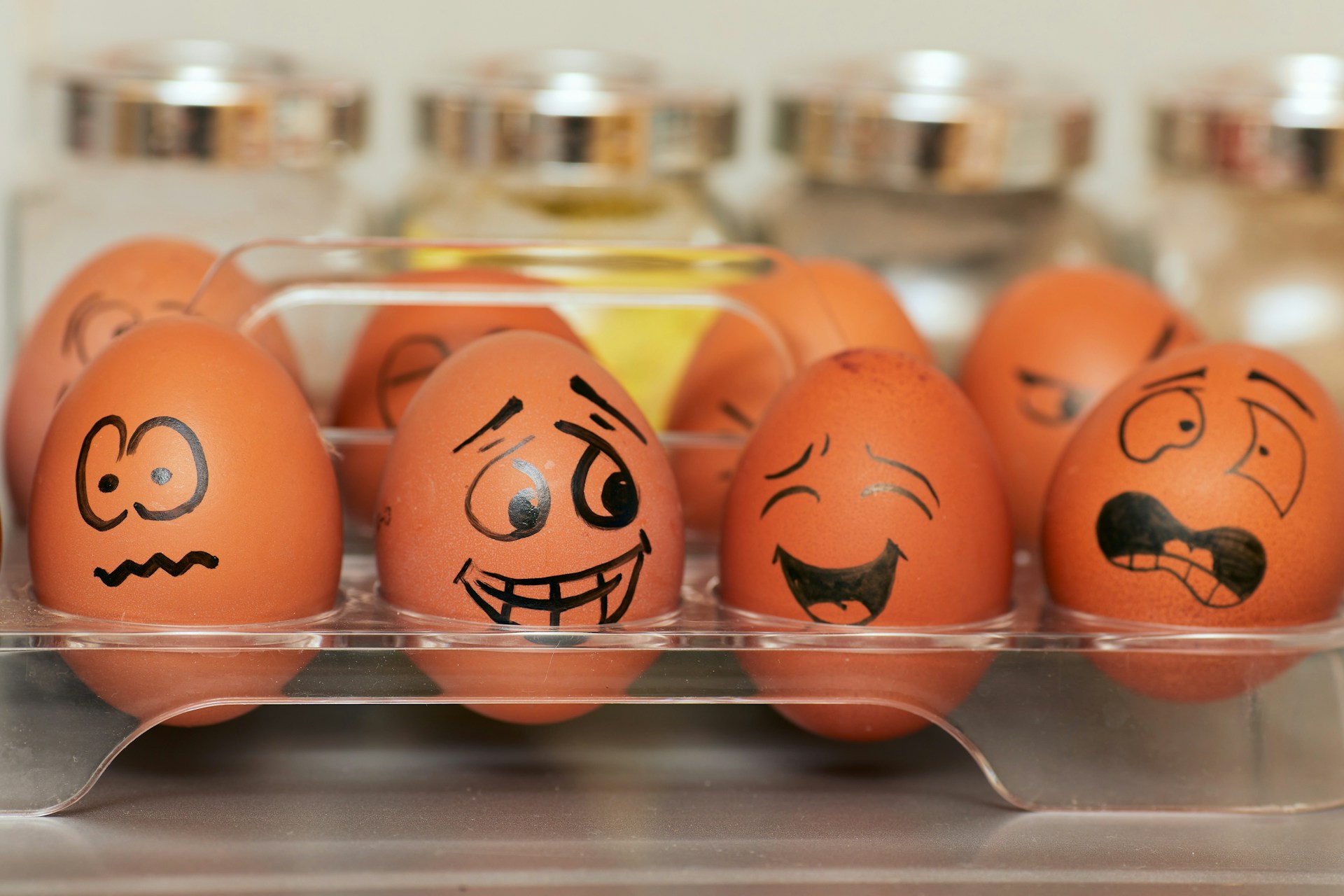It is also important to eat enough to produce the breast milk you need. Every woman is different, but if her pre-pregnancy weight was in the recommended range, a breastfeeding woman will need 2000-2100 additional kilojoules per day.
Here are some essential nutrients breastfeeding mothers need, why they are important and how to incorporate them into your diet.
Critical Nutrients for Breastfeeding Mothers
- Protein: Protein is essential for tissue growth and repair and is crucial for the production of breast milk. Breastfeeding mothers should aim to consume extra protein to meet the increased demand. Good protein sources include lean meats, poultry, fish, eggs, dairy products, legumes, nuts, and seeds. Incorporate these into meals by adding grilled chicken to salads, snacking on Greek yoghurt, or including beans in soups and stews.
- Calcium: Calcium is vital for maintaining strong bones and teeth for both mother and baby. Breastfeeding can deplete calcium stores, so it’s essential to get enough. Dairy products like cheese and Greek yoghurt are excellent sources. For those who are intolerant or prefer plant-based options, leafy greens (like kale and broccoli), tofu, sesame seeds/tahini, small fish with bones (e.g. sardines and mackerel), and almonds are good alternatives.
- Iron: Iron supports the production of haemoglobin, which is necessary for oxygen transport in the blood. After childbirth, replenishing iron stores is essential to prevent anaemia. Red meat, poultry, fish, lentils and beans are rich in iron. Pairing iron-rich foods with vitamin C-rich foods, like citrus fruits, can enhance iron absorption.
- Omega-3 Fatty Acids: These healthy fats are crucial for the baby’s brain and eye development. Fatty fish such as salmon, sardines, trout and mackerel are excellent sources of omega-3s; for those who don’t eat fish, flaxseeds, chia seeds, walnuts, and algae-based supplements can provide omega-3s. Incorporate these by adding ground flaxseeds to smoothies or yoghurt or by snacking on walnuts.
- Vitamin D: Vitamin D is essential for bone health and immune function. Sunlight exposure helps the body produce vitamin D, which can also be obtained from food sources. Fatty fish and egg yolks are good sources. Consider taking a vitamin D3 supplement if you have limited sun exposure.
- B Vitamins: B vitamins, particularly B12, are essential for energy production and neurological function. Meat, poultry, fish, eggs, and dairy products are rich in B12. For vegetarians and vegans, a B12 supplement may be needed.
Incorporating These Nutrients into Your Diet
- Plan Balanced Meals: Ensure each meal includes a variety of foods from all the major food groups. For instance, a balanced lunch could include a grilled chicken salad with mixed greens, avocado, and fruit.
- Healthy Snacking: Opt for nutrient-dense snacks like Greek yoghurt with berries, a handful of nuts, or hummus with veggie sticks.
- Smoothies: Blend fruits, leafy greens, Greek yoghurt, and a scoop of protein powder or ground flaxseeds for a nutrient-packed drink.
Focusing on these key nutrients and incorporating a variety of healthy foods into your diet can support your health and your baby’s development during breastfeeding.
Need to Ask us a quick Question?
Related Posts
September 16, 2024
Perimenopause Survival Guide
Perimenopause: it’s like your body decided to throw a surprise party and forgot…
July 5, 2024
Unlocking Libido
As we mature like a fine wine, our libido sometimes decides to take a siesta!…
June 19, 2024
The Role of Mitochondria in Female Fertility
Mitochondria are often referred to as the powerhouses of the cell because they…



